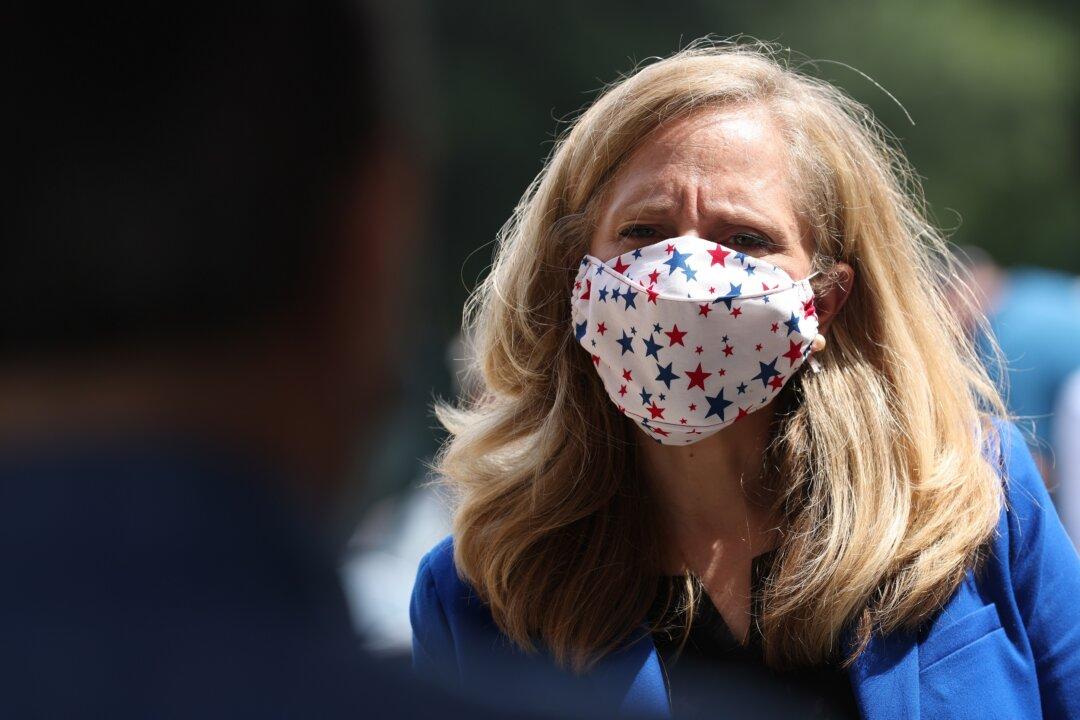A bipartisan group of Congress members is asking the Treasury Department to allow states to use funding from the most recent stimulus bill to combat the opioid epidemic.
“We write to urge that any guidance clarifying permissible uses of the American Rescue Plan’s State and Local Government Fiscal Recovery Fund clearly allows recipient governments to spend those awards to combat the worsening overdose crisis,” the group wrote in a letter to Treasury Secretary Janet Yellen.





